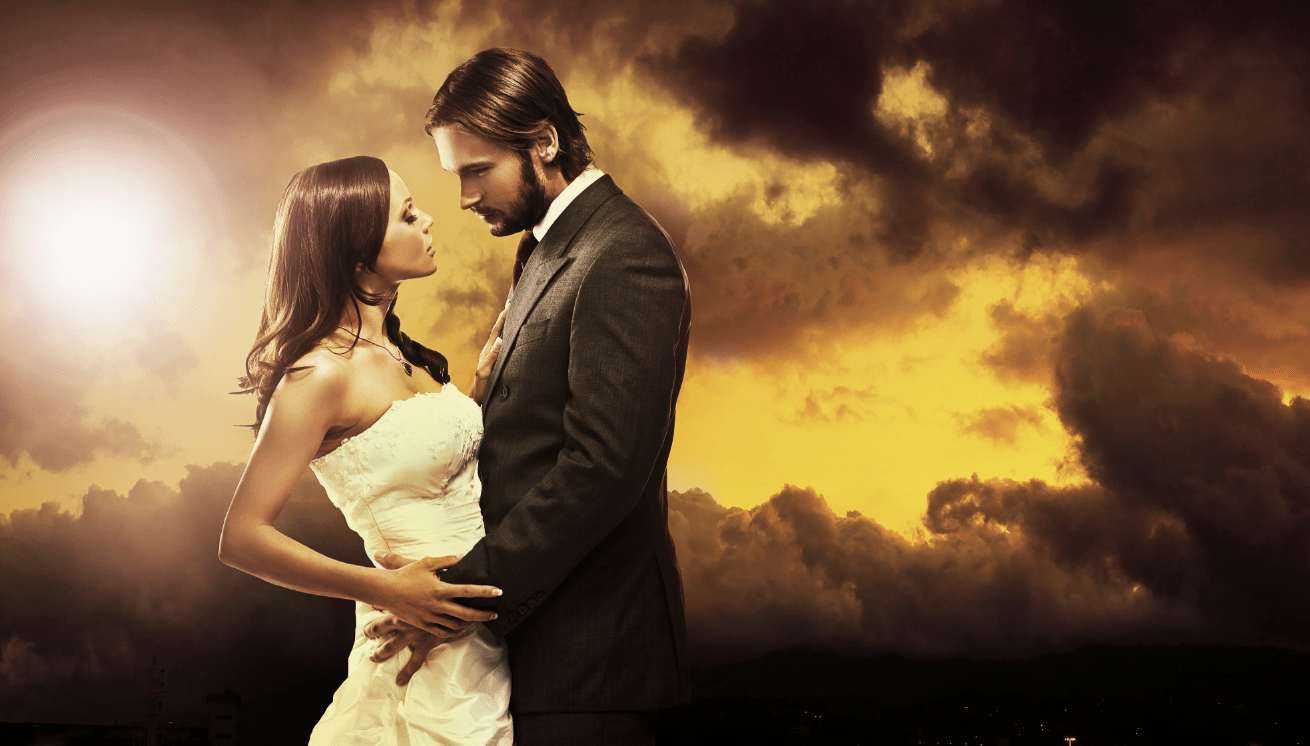I remember when we first started out in photography, we would look at the professionals who had “made it” within the industry and somehow think they were different then us. They had a fan base stretched out around the world. They traveled to exotic locations to photograph their clients. They were featured in magazines and talked on stages in front of hundreds of people.
They were real photographers. And deep down we questioned all the time whether we had what it takes to make it to that level.
But as we worked more on our photography, we quickly realized that perception doesn’t always match up with reality. Photographers at all levels have the same struggles as you and me. They just handle it a bit differently. Here are five things every photographer faces at some point every year.

Secret #1 – Photography is Difficult
“I have often thought that if photography were difficult in the true sense of the term — meaning that the creation of a simple photograph would entail as much time and effort as the production of a good watercolor or etching — there would be a vast improvement in total output. The sheer ease with which we can produce a superficial image often leads to creative disaster.” ~Ansel Adams
Anyone can pick up a camera and snap a picture. Even an amateur who shoots occasionally is going to get lucky once in a while and capture a great image. Yet when you get to the professional level, you expect every image to come out perfect every time.
It doesn’t always happen.
As professionals, we’ve trained ourselves to be ready for the unexpected, think ahead to what is going to happen so you can be there when it does, and be patient. Yet its easy to “kick” ourselves when you find the perfect shot – and your camera is at home. Or you see the action and you’re across the room.
And that’s okay – as long as you capture the majority of what is truly important. [Read more…]











